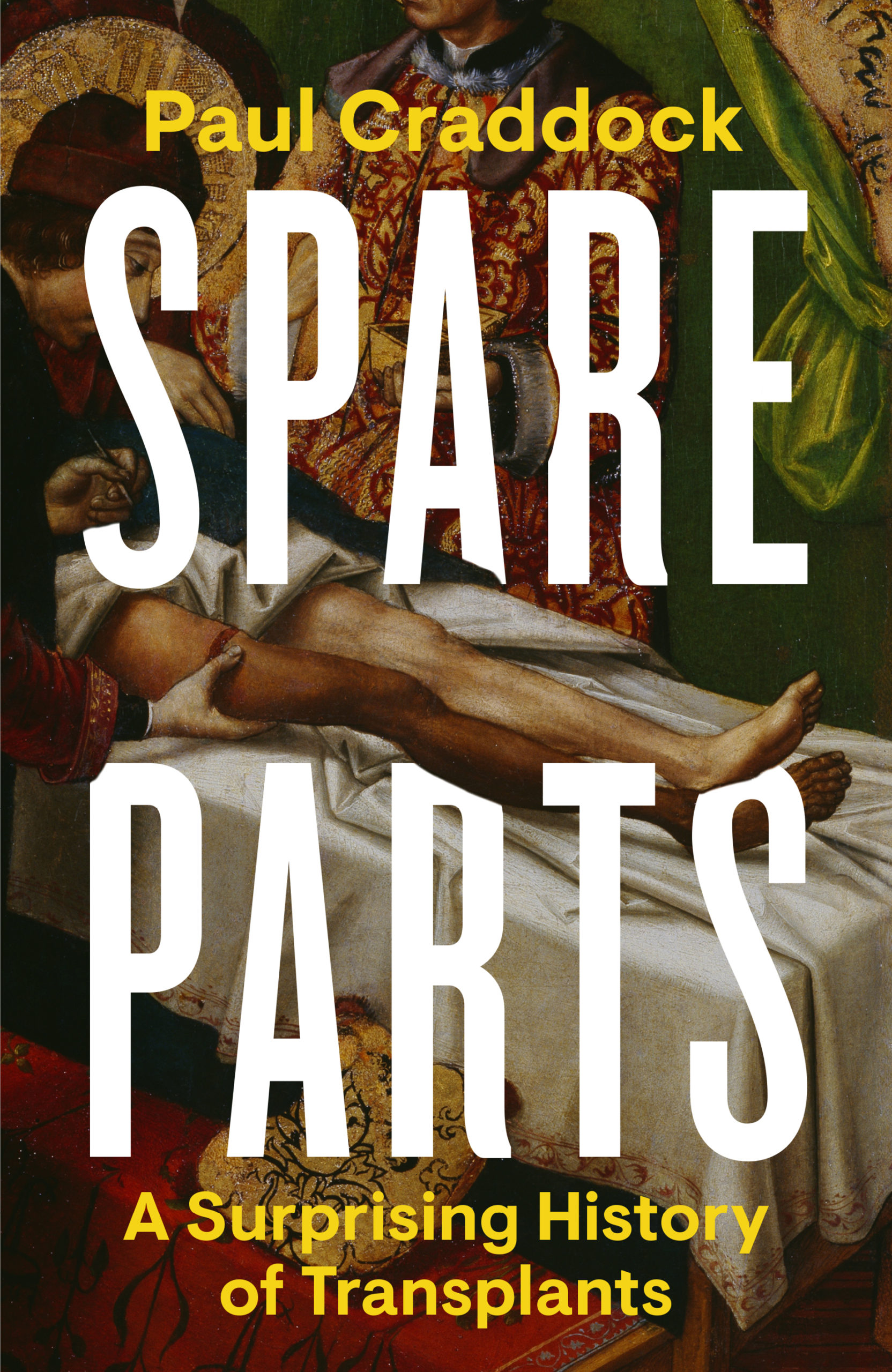

There’s some evidence, in fact, that people at the time loved to laugh at such silliness – plays were written poking fun at scientists for such outlandish suggestions, as playwrights created characters who had transfusions in order to transform into various creatures. The idea of transfusion itself isn’t funny, of course, but we can affectionately chuckle at scientists earnestly assuming that a transfusion recipient might turn into a sheep. And this is another way page 99 is indicative of the whole: Much of the history in Spare Parts feels incredibly silly, at least to someone with a British sense of humour. It looks simultaneously macabre and hilarious. His donor – the lamb – is looking similarly disturbed with an almost human face, and is looking away in the opposite direction. It’s complete with an image showing a rather disturbed man looking away as a transfusionist sees to his operation.

My book is all about surprises (in fact, its subtitle in the UK is ‘the surprising history of transplants’), and this is certainly one of those. Most people think transplant surgery and transfusion are twentieth-century inventions, and the excerpt introduces some of the seventeenth-century ideas about transplants. In a way, page 99 gives a rather good idea of what Spare Parts is about. The slither of text below the image is the beginning of an introduction to George Acton, a sixteenth-century English doctor who proposed that you might treat epilepsy with a transfusion of cat’s blood. He applied the “ Test” to Spare Parts and reported the following: of Spare Parts is largely dedicated to an etching from 1705, of a blood transfusion from a lamb to a man.

His debut book, Spare Parts: A Surprising History of Transplants was a Daily Mail Book of the Week and won the Special Commendation of the Royal Society of Literature Giles St Aubyn Awards.Ĭraddock is a Science Museum Group Senior Research Associate (SMGSRA), an Honorary Senior Research Associate of UCL’s Division of Surgery, and a Visiting Lecturer at Imperial College London.

Paul Craddock is a cultural historian and award-winning author based in London.


 0 kommentar(er)
0 kommentar(er)
